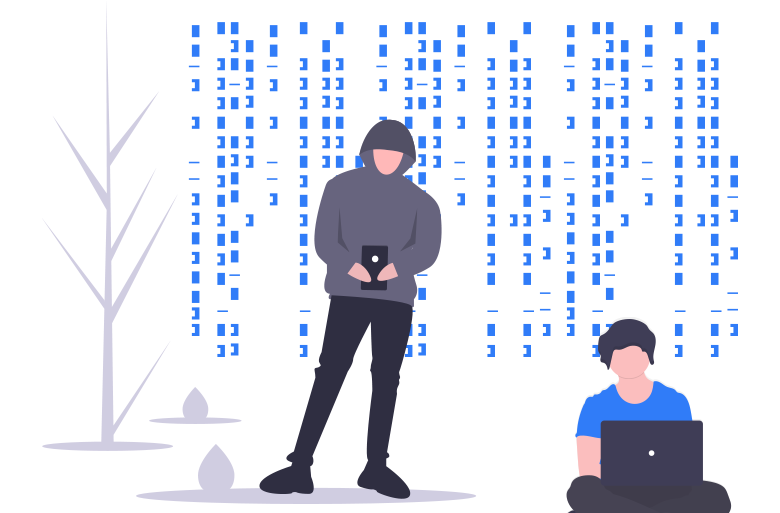
Cyber Exploiters wait for opportune moments to trick users and launch malware attacks, phishing campaigns and ransomware attacks on users. The reason behind this is that it is easy to take people into confidence during certain scenarios that impact the world massively. Let’s take a look at a few protective measures against COVID-19 (Coronavirus) Phishing Attacks.
During moments of crisis when people are searching for information and help around, hackers and perpetrators try to launch phishing attacks to lure them by providing false information and making them step into the trap.
One such current scenario is the crisis arising out of the COVID-19 outbreak. Hackers attacked many people recently by sending phishing emails claiming to contain authentic and accurate information about COVID-19 infection and its preventive measures. These emails were loaded with attachments containing malware which was intended for infecting the victim’s system and retrieving personal information.
Even the World Health Organization announced on its website that they would never ask users to log in to view safety information or send email attachments to users. WHO also clarified that it would never redirect users to an external site or ask for donations to emergency response actions.
According to a report by Check Point, several Coronavirus-related domains are likely to contain 50% malicious software and links compared to other website domains.
Since January, more than 4000 coronavirus-related domains have been registered worldwide of which 3% of them are malicious sites. Each and every one of us must take protective measures against COVID-19 (Coronavirus) Phishing Attacks
According to security researchers, most of these sites are for phishing purposes. Some sites also pretend to sell safety equipment like respirator tools, hand sanitizers, home testing kits, vaccines, etc.
Cybercriminals are also targeting worst-hit areas like a recent phishing campaign targeted an Italian organizations. They even succeeded in exploiting and tricking 10% of them.
How hackers and cyber exploiters operate:
Usually, they send emails with a subject line that would seem to contain valuable information about Coronavirus. The attachment in the mail would prompt the user to open it or enable it. This action on the victim’s part would lead to the download of the Trickbot downloader.
Here are a few protective measures against COVID-19 (Coronavirus) phishing attacks:
As advised by security experts, it is always essential to do the following:
- Never open email attachments from unknown senders.
- Always observe the subject line, sender name, and the description of the mail to check for abnormalities and discrepancies as phishing mails are usually ill-framed.
- Buy or download software online from trusted sources only.
- Use antivirus software to detect viruses.
- Also, don’t get lured by emails which claim to give special offers.
- Don’t visit websites that claim to offer curative solutions for Coronavirus.

